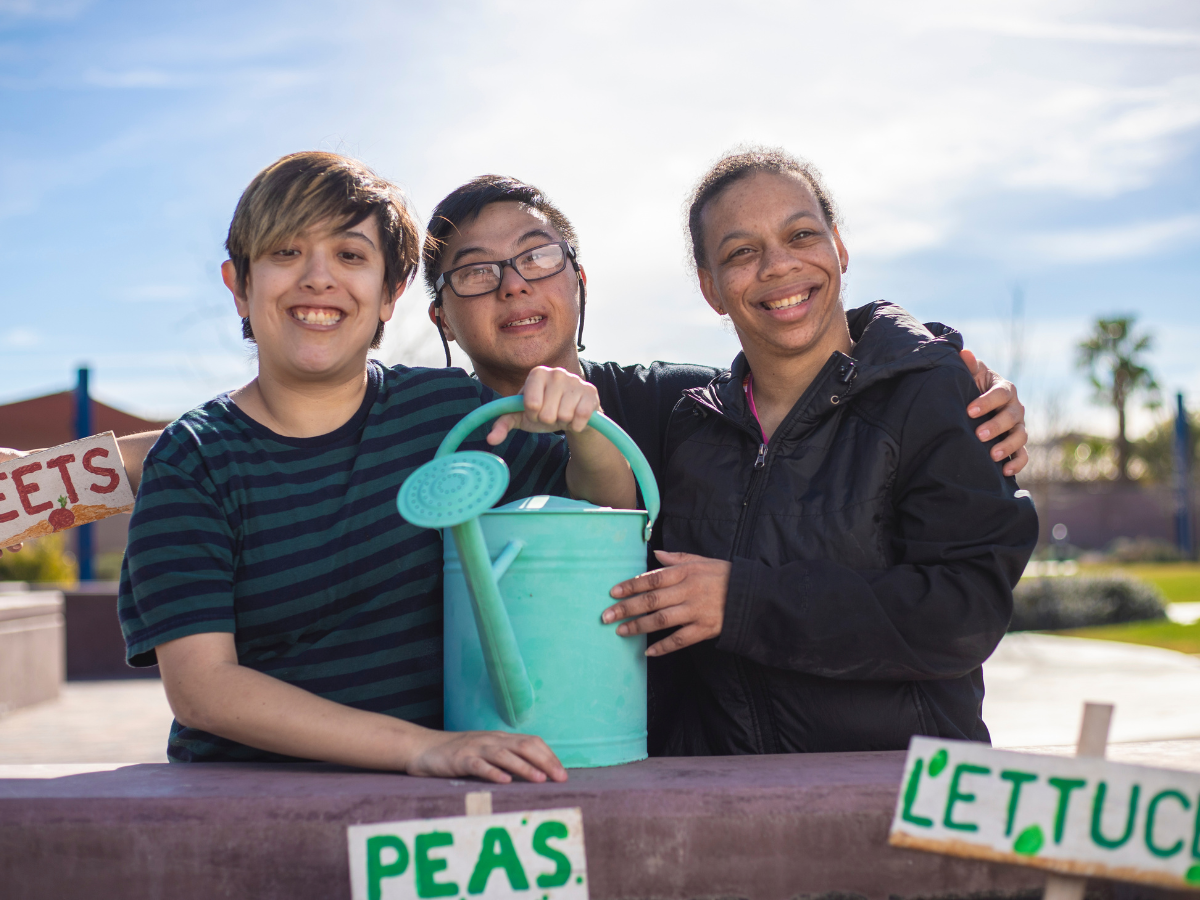Friends can bring wonderful moments of joy and enrichment to our lives, but making friends with intellectual disabilities can be challenging. Building meaningful friendships is a social skill that sometimes takes practice.
Luckily, there are plenty of ways to create quality connections with other people in your community. Whether you are looking for a social group or want to meet new people without leaving home, knowing how to make friends with an intellectual disability can help expand your world and bring more fun and enjoyment to your day.
7 Tips for Making Friends as an Adult with Intellectual Disability
It can be tricky to make new friends as an adult, no matter who you are. If you want to make new friends but have had a hard time in the past, don’t worry – you’re not alone. Here are some tips that can help you meet new people and make friends at any age.
1. Join a local club to meet new people.
Community centers, schools, libraries, and other organizations often have clubs where you can meet people who share your interests.
Find a club that’s focused on something you like to do, like crafts, games, or gardening, and chances are you’ll have something in common with the other people there.
A shared hobby is the perfect starting place for a new friendship. Some clubs are designed specifically for people with special needs and are a great place for making friends with intellectual disabilities.
2. Volunteer in your community.
Volunteer groups often have people work in teams, creating plenty of opportunities to work on skills for making friends.
Look for a group or cause focused on something that is important to you, and you’ll likely find friends with whom you have something in common. Working together towards a shared goal is a great way to build trust and get to know caring people.
3. Use social media.
The internet is a great way to expand your circle. For adults interested in making friends with intellectual disabilities, it is full of forums and groups where people can share experiences and stories.
For those who don’t like to or can’t easily leave the house, social media is a wonderful tool for finding meaningful connections from the comfort and safety of home.
It’s also a great way to connect with neurotypical people, as it removes some of the social challenges that come with face-to-face communication.
However, it’s also important to remember to be safe online. Here are a few pointers to keep in mind:
- Never share personal information like your full name or address with someone you don’t know, even if they seem friendly.
- If someone asks for other details, like credit card information, your email address, etc., on social media, don’t send it.
- If you plan to meet up with someone you met online, do so in a public place, ideally with someone else you know and trust.
- Use privacy settings and block or reporting features on social media to control who can interact with you.
4. Reach out to old friends.
As life goes on, we tend to lose touch with people we spent time with before. Past classmates, coworkers, and neighbors are usually happy to hear from you and see how you’re doing. Reconnecting with old friends can also boost social confidence and expand your circle.
5. Ask questions about people you meet.
When making new friends, it’s important to ask questions and show interest in their life. This is very helpful if you have trouble thinking of something to say. Ask what they do for fun, what kind of food they like, what pets they have, or other things that seem important to them.
Open-ended questions are a great way to learn more about new friends and show that you care.
6. Use positive body language to be approachable.
It’s not always easy to open ourselves up to new friends, and showing that you are approachable and friendly will make it easier for others to engage with you.
Body language like smiling and, if you are comfortable, making eye contact will let people know you are open to a conversation.
7. Always be yourself.
Be honest about who you are and what you like. The right people will appreciate you exactly as you are and accept your boundaries and preferences. Look for friends who embrace your disability and celebrate the things that make you unique.
More Resources & Support for Adults with Intellectual Disabilities
Making friends is an important building block for a strong support network. Individualized support, compassion, and empowerment are at the core of person-centered planning, enabling those with intellectual disabilities to find independence and fulfillment.
For residents of California, the Self-Determination Program provides support for adults with intellectual and developmental disabilities. Independent facilitation services are available through NeuroNav and can help those interested in goal-oriented support. If you want to learn more, sign up for a free consultation and see how NeuroNav can support you in your journey.




